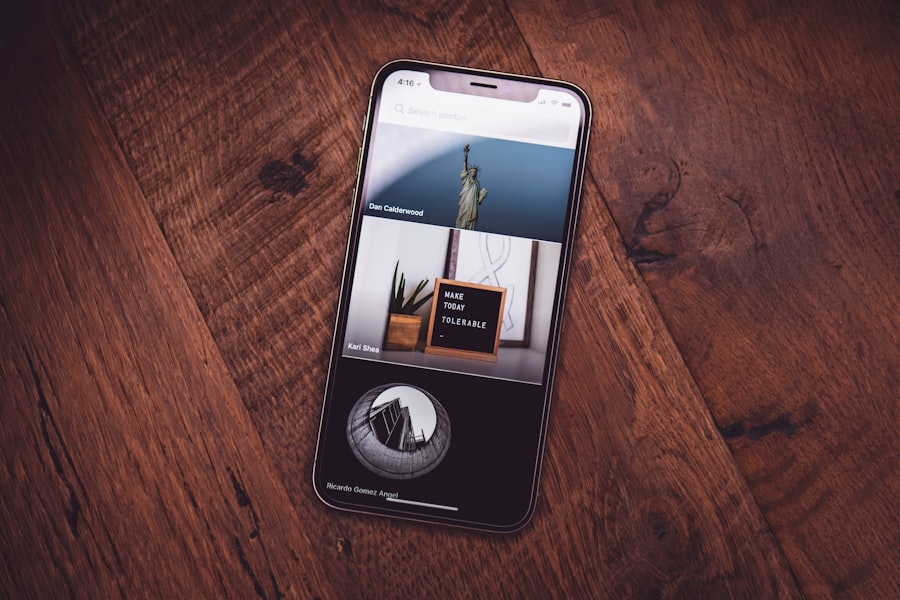Preparation is crucial for a successful job interview. Thoroughly research the company and position to demonstrate genuine interest and tailor responses to the organization’s needs. Practice answering common interview questions to improve confidence and articulation.
Dress professionally and appropriately for the company culture to make a positive first impression. Gather necessary materials such as resume copies, reference lists, and relevant work samples to showcase organization and readiness to discuss qualifications. Plan the route to the interview location in advance, allowing extra time for potential delays.
Arriving early provides an opportunity to compose oneself and make a favorable impression. These preparatory steps form the foundation for a successful interview, demonstrating professionalism, interest, and readiness to potential employers. Proper preparation can significantly increase the likelihood of a positive outcome in the job application process.
Key Takeaways
- Preparation is key: Research the company and the position you are applying for to show your interest and knowledge during the interview.
- Create a professional environment: Dress appropriately and arrive on time to make a good first impression.
- Practice active listening: Pay attention to the interviewer and respond thoughtfully to their questions.
- Speak clearly and concisely: Communicate your thoughts effectively and avoid rambling during the interview.
- Research the company: Understand the company’s values, mission, and culture to demonstrate your fit and interest in the organization.
- Have questions ready: Prepare thoughtful questions to ask the interviewer about the company and the position.
- Follow up with a thank-you note: Send a personalized thank-you email to express your gratitude for the opportunity and reiterate your interest in the position.
Create a Professional Environment
Make a Positive First Impression
A professional environment is crucial for making a positive impression on the interviewer. This encompasses not only your physical appearance but also your demeanor and behavior. When entering the interview space, greet everyone you meet with a friendly and respectful attitude, including receptionists, assistants, and anyone else you encounter before meeting with the interviewer.
Confidence and Engagement During the Interview
During the interview, maintain good posture and make eye contact with the interviewer to convey confidence and engagement. Avoid fidgeting or slouching, as this can give the impression of disinterest or nervousness. Be mindful of your body language and facial expressions, as these nonverbal cues can speak volumes about your attitude and personality.
Minimize Distractions
Finally, be sure to silence your phone and any other electronic devices before the interview begins to avoid distractions. By following these tips, you can create a professional environment that will help you make a positive impression and increase your chances of success in the interview.
Practice Active Listening
Active listening is a crucial skill during a job interview, as it demonstrates your ability to understand and respond thoughtfully to the interviewer’s questions and comments. To practice active listening, focus on maintaining eye contact with the interviewer and nodding or providing verbal cues to show that you are engaged in the conversation. Avoid interrupting the interviewer and wait for them to finish speaking before responding.
This will show that you respect their input and are attentive to their words. Additionally, ask clarifying questions or rephrase the interviewer’s statements to ensure that you understand their meaning. This will not only demonstrate your listening skills but also show that you are thoughtful and thorough in your communication.
Finally, be sure to take notes during the interview to help you remember important details and follow up on any points of discussion.
Speak Clearly and Concisely
Speaking clearly and concisely is essential for effectively communicating your qualifications and experiences during a job interview. Avoid using filler words such as “um” or “like,” as these can detract from your professionalism and make you appear less confident. Instead, take a moment to gather your thoughts before responding to a question, and speak slowly and deliberately to ensure that your words are clear and easy to understand.
When discussing your qualifications, focus on providing specific examples and measurable results to support your claims. This will help the interviewer understand the impact of your work and demonstrate your ability to contribute to their organization. Additionally, be mindful of your tone of voice and avoid speaking too loudly or softly, as this can affect how you are perceived by the interviewer.
Research the Company
Researching the company before a job interview is essential for demonstrating your interest in the position and understanding how you can contribute to their success. Start by visiting the company’s website to learn about their mission, values, and recent news or developments. This will give you insight into their culture and priorities, which you can use to tailor your responses during the interview.
Additionally, research the company’s industry and competitors to gain a broader understanding of their place in the market. This knowledge will help you ask informed questions during the interview and show that you are proactive in seeking opportunities for growth and improvement within the organization.
Have Questions Ready

Showing Interest and Understanding
Consider asking about the company’s goals for the position, opportunities for professional development, or challenges facing the team or department. These questions will show that you are invested in the company’s success and eager to contribute in a meaningful way.
Next Steps in the Hiring Process
Additionally, be prepared to ask about next steps in the hiring process, including timelines for decision-making and potential follow-up interviews or assessments. This will demonstrate your proactive approach to seeking feedback and staying engaged in the hiring process.
Benefits of Asking Questions
By asking these questions, you will not only demonstrate your interest in the position but also show that you are a proactive and engaged candidate. This can leave a positive impression on the interviewer and increase your chances of moving forward in the hiring process.
Follow Up with a Thank-You Note
Following up with a thank-you note after a job interview is a professional courtesy that can set you apart from other candidates. Send a personalized email or handwritten note within 24 hours of the interview to express your gratitude for the opportunity to discuss the position. In your note, reiterate your interest in the role and highlight specific aspects of the conversation that resonated with you.
Additionally, use this opportunity to address any points of discussion that you may have overlooked during the interview or provide additional information that supports your qualifications. This will show that you are attentive and detail-oriented, which are valuable qualities in any candidate. In conclusion, preparing for a job interview requires careful research, thoughtful preparation, and professional conduct.
By focusing on these key areas, you can make a positive impression on the interviewer and increase your chances of securing the position. Remember that every interaction during the interview process is an opportunity to showcase your skills and enthusiasm for the role, so approach each step with confidence and professionalism.
If you’re looking to improve your organizational skills to excel in phone interviews, you may want to check out this article on how to develop organizational skills. It offers valuable tips and strategies for staying organized and focused during the interview process, which can help you make a great impression on potential employers.
FAQs
What is a phone interview?
A phone interview is a preliminary screening process conducted over the phone by a potential employer to assess a candidate’s qualifications and fit for a job position.
How should I prepare for a phone interview?
To prepare for a phone interview, research the company, review the job description, and prepare answers to common interview questions. Find a quiet and comfortable space for the interview and ensure that your phone is fully charged.
What should I do during a phone interview?
During a phone interview, speak clearly and professionally, listen carefully to the interviewer’s questions, and provide concise and relevant answers. It’s also important to ask questions about the company and the position to demonstrate your interest.
What are some common mistakes to avoid during a phone interview?
Common mistakes to avoid during a phone interview include speaking too quickly, interrupting the interviewer, and being unprepared. It’s also important to avoid distractions and background noise during the interview.
How should I follow up after a phone interview?
After a phone interview, it’s important to send a thank-you email to the interviewer expressing your gratitude for the opportunity and reiterating your interest in the position. You can also inquire about the next steps in the hiring process.



